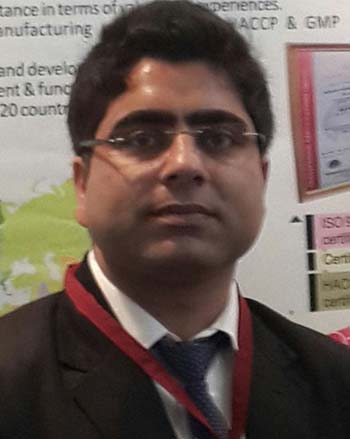Dr Fayyaz Ganaie
Energy is the key to economic growth. No economy can thrive when it faces acute power crisis. With weak industrial base J&K could suffer huge loses if power sector is not reformed immediately.
In 2010, demand for power was in J&K was around 2200 MW while supply stood nearly at 1500 MW. A deficit of 700 MW!
Ironically this deficit is increasing with each passing day. With around 20,000 MWs of generation capacity in J&K, only 2456.20 MWs is harnessed. Out of it NHPC’s share is nearly 1600 MW. But interestingly NHPC supplies electricity directly to the Northern Grid and gets away by paying a meager royalty of 12 percent to J&K. Experts believe an easy solution to improve power supply situation will be to cut Aggregate Technical & Commercial Losses (AT&C). State exchequer incurs annual losses to the tune of Rs 2200 crore due to AT&C.
Pertinently, Power Development Department’s AT &C losses stood at 72.86 percent in 2010-11, which are highest in India. JKPDD’s repeated failure to curtail losses combined with the state government’s inability to significantly invest in the power sector has only compounded the problem. The situation necessitates the state to urgently adopt a holistic approach to tide over the crisis.
Although the state has recently made some progress in the generation and transmission of electricity, the distribution segment, in particular — where revenues actually originates — is in deep mess. It has seen mounting debts and continuing losses. These losses are eating into the vitals of our already weak economy. We had the highest estimated debt and other liabilities (53.6 percent of GSDP) in 2013-14. The total liabilities were Rs 42339 crore in same year.
We can’t afford another loss of Rs 2200 crores (roughly 2 percent of our GSDP). Our fiscal deficit is hovering around 7 percent. We need fiscal discipline otherwise we may simply face bankruptcy someday. Checking these losses means saving this money for building much needed infrastructure and creating more jobs.
It is under these circumstances that a structured Power reforms Programme was conceived by the state government (taking cue from National Power Reforms Program), which was aimed at curtailing AT&C loses and to sustainably building states power generation capacity.
In 2004, Electricity Act came into force under which Central Electricity Regulatory Commission (CERC) functions.
The act will help growth by rationalizing tariffs, formulating clear policies on subsidy and promoting environmentally benign policies. CERC expects state governments to replicate the central initiative by setting up State Electricity Regulatory Commissions (SERCs); corporatizing and unbundling SEBs and creating a conducive climate of assured return for private investors, apart from clearing off the massive Rs 17800 crore dues to central power companies, as a first step to improve financial health, create confidence among the industry, agriculture and general public.
The initiative would create credibility among private participants and accelerate the process of privatization.
This, it is suggested, would lead to a rapid expansion of the power supply at affordable prices to the consumers.
Most of the Indian states have already unbundled and corporatized their electricity boards. J&K passed Electricity Act in 2010. This act makes unbundling and corporatization a legal requirement. But till date state government has delayed its implementation as many stakeholders are opposed to it and because of electoral considerations. It is argued that privatization will not solve power crisis.
Experts believe it may lead to increase in power tariffs, jeopardize the industrial interests and burden ordinary citizens.
Interestingly corporatization has been widely used to reform different services and industries by countries like China, Australia, New Zealand, Singapore, and Netherland etc. In these countries services like highways, water, transport and electricity have been corporatized successfully.
It is high time that J&K government should adopt a proactive approach by taking all the stakeholders in confidence. It should address their genuine concerns so that power reforms are launched at the earliest to save our economy.
Dr Fayyaz Ganaie is Founder and CEO of Truevet Animal Nutrition (P) Ltd.
















